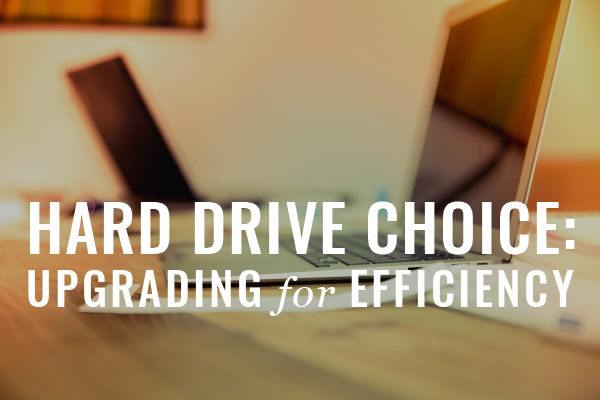One of the best ways to save money in a small law practice is to make intelligent purchasing choices respecting technology. If your law firm can achieve a high level of efficiency at a reasonable cost, you’ll end up operating at an advantage over your competitors — many of whom will wait until the bitter end to revise or replace antiquated hardware or software. Many small law firms take a perverse pride in maintaining local software applications for a decade or more, without ever having to pay for an upgrade — even as their savvier competitors are updating their technology platforms in a coherent and consistent manner, thereby saving staff time, working faster and providing better client service.
Of course, neither is the other end of the scale particularly appealing. Upgrading for the sake of upgrading can be a waste of money. The idea is not to get the flashy upgrade solely because you will not discipline yourself to make a more considered purchase. Do you need to replace your smartphone just because a new version of the iPhone has released? Or, do you want to wait for the bugs to get worked out before you dive in on the new version? Do you instead make the decision to upgrade at every other release? Or, do you wait until the lease of your current phone is up, before you upgrade?
The middle ground is making reasoned decisions about updating law firm technology.
Let’s look at a specific example, in order to flesh this out: Lawyers are still heavy laptop users. Even if they don’t create an official firm policy, many attorneys get the itch to replace their existing laptops 2-4 years in. But, that’s often just a random timeframe. Especially if the laptop often remains on a desk, and is not frequently carted around, it may retain a longer life span, via the application of a sneaky upgrade.
Instead of replacing your laptop, consider replacing your standard hard drive with a solid state hard drive. Solid state hard drives are lighter than and stay cooler than traditional hard drives. Solid state hard drives also use less energy than traditional hard drives, which means that they can extend battery life. Solid state hard drives are more durable than traditional hard drives, because they do not have a mechanical design, featuring moving parts, as traditional hard drives do. That means that solid state hard drives can access data more quickly, since spinning discs relied upon by traditional hard drives are not part of solid state hard drives. Solid state hard drives are more expensive than traditional hard drives (sometimes by a factor of 4 or 5); but, they’ll still cost far less than a new, high-end laptop, and may double the useful life of your existing laptop.
If your old laptop boots slowly, is unresponsive or scans slowly, maybe it’s time to give your traditional hard drive the boot.
. . .
Liner Notes
‘Hell or Highwater’ by David Duchovny
Yes, that’s right: David Duchovny has an album, and this is the title track. He’s also written books (like this one), and recently starred in the X-Files reboot, about which you may have heard. Or not.
Solid State of Affairs: What Can Your Hard Drive Do for You?
This article is for informational purposes only. It is not intended to be used in place of professional advice, treatment, or care in any way. Lawyers, law students, judges, and other legal professionals in Massachusetts can find more on scheduling a Free & Confidential appointment with a licensed clinician here.




